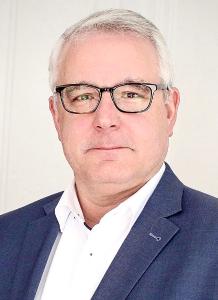Event
Details
For centuries, Malta has been under the influence of numerous nations from the Orient as well as the Occident. It was not until 1964 that the idyllic island state gained its independence from Great Britain. Exactly 40 years later, the coun- try, which is the size of Bremen, joined the European Union (EU), replacing Luxembourg as the smallest EU member state in terms of population and area. Although Malta, unlike the rest of the southern European member states, was never initially a problem child of the EU, the situation has changed in recent years. The island nation has been plagued by numerous domestic political conflicts and the accompanying need for reform. Reports on corruption, the cases of tax fraud and money laundering uncovered by the Panama Papers, and the trafficking of citizenships illustrate these disturbing developments. However, the murder of journalist Daphne Caruana Galizia, who died in 2017 as a result of a car explosion, received the most attention. Prior to her violent death, she had been reporting on a corruption case involving, among others, former Prime Minister Joseph Muscat, which ultimately led to his resignation.
On 26 March 2022, Maltese citizens will be called upon to elect members of parliament for the House of Representatives. Malta follows the tradition of the Westminster system. Since independence, parliament has been dominated by the center-left party (Partit Laburista) and the center-right party (Partit Nazzjonalista). Voter turnout is traditionally exceptionally high.
Who are the winners, who are the losers in the 2022 Maltese Parliamentary Election? How will the election program of the winning party affect national and European policy decisions, and to what extent can a change of course be ex- pected? What role did corruption, scandals and the murder of Daphne Caruana Galizia play with regard to this electionresult?
The event "The Morning After – Malta has voted" will take place on Monday, 28 March 2022 from 09:30-10:00 CET via Zoom. We are looking forward to discussing the above-mentioned topics with Dr. Nino Galetti, Director of the KAS Office for Italy, Malta and the Holy See. After the discussion between Dr. Galetti and Dr. Hardy Ostry, Director of the European Office of the Konrad-Adenauer-Stiftung, the audience will have the opportunity to contribute their questions to the discussion. The event will be held in German and will be simultaneously translated into English.
For registration, please use the following LINK.
We look forward to your participation!
Here you will find the program for download: Programme 22-03-28 The Morning After (Malta).pdf



